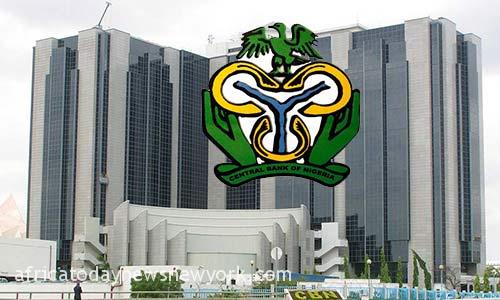The Central Bank of Nigeria (CBN) has debunked reports that it was planning to replace the Naira notes in circulation with digital currency, the eNaira.
The Director, Corporate Communications Department of the CBN, Mr Osita Nwanisobi, said in Abuja, at the weekend, that the statement purportedly made during a stakeholders’ engagement on eNaira adoption in Asaba, Delta State was incorrect.
He therefore called on the public to disregard the reports.
According to Mr Nwanisobi, the digital version of the Naira was meant to complement the notes and would exist simultaneously as a means of exchange and store of value.
On the benefits of adopting the eNaira, the spokesman noted that the digital legal tender aside from the safety and speedy features, would also ensure greater access to financial services by the underbanked and unbanked populace, thereby enhancing financial inclusion.
The director, therefore, urged members of the public and business owners to embrace the digital currency, the eNaira, which he stressed as offers more possibilities.
The eNaira was formally launched into circulation by President Muhammadu Buhari in October 2021.
Meanwhile, the Independent National Electoral Commission (INEC) has revealed that it would employ both the manual and electronic methods of transmission in transmitting the 2023 election results even as it disclosed that the commission is considering moving sensitive materials from the Central Bank of Nigeria to another location following the involvement of the bank chief in politics.
The chairman of INEC, Prof. Mahmood Yakubu, made these assertions during a consultative meeting with the media in Abuja on Thursday which was monitored by Africa Daily News, New York.
While responding to a question on the political ambition and partisanship of the governor of the Central Bank of Nigeria, Godwin Emefiele, Yakubu said the commission might be forced to find another arrangement for the handling of sensitive materials.
The INEC chairman said the CBN is responsible for the storage and movement of sensitive materials, adding that the commission has never doubt the capacity of the CBN to discharge that responsibility.

